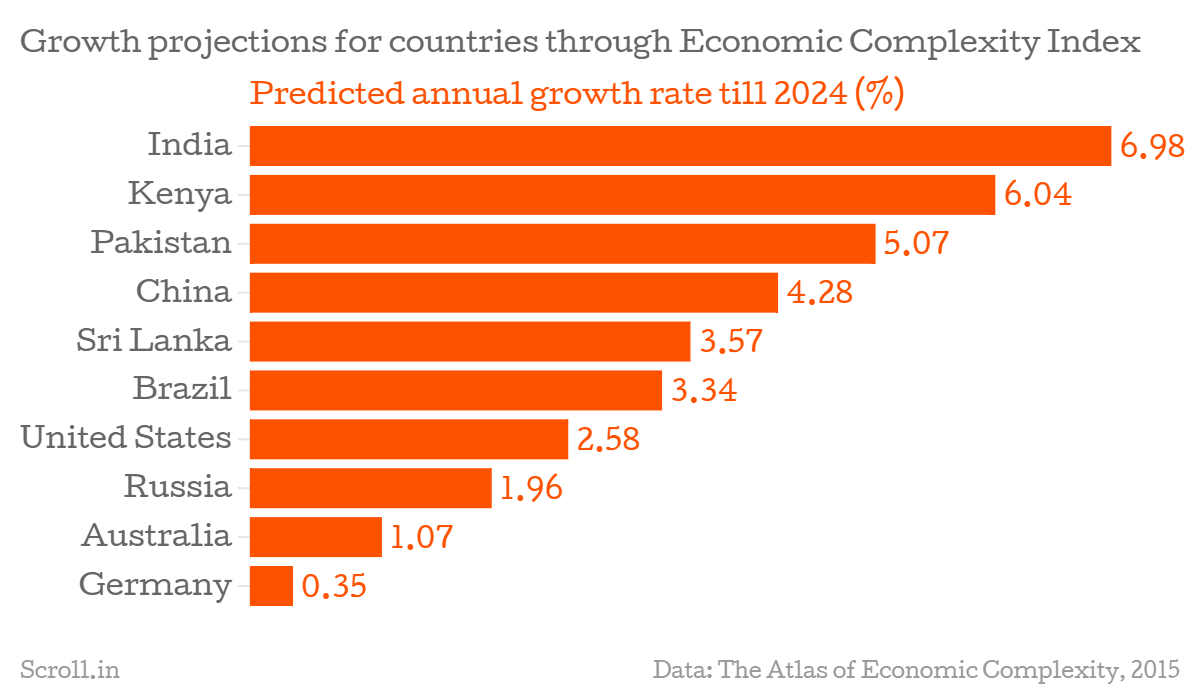http://qz.com/579334/pakistans-army-is-building-an-arsenal-of-tiny-nuclear-weapons-and-its-going-to-backfire/
WRITTEN BYC. Christine Fair
December 21, 2015 Quartz India
Pakistan has the fastest growing nuclear arsenal and, within the next five to ten years, it is likely to double that of India, and exceed those of France, the United Kingdom, and China. Only the arsenals of the United States and Russia will be larger.
In recent years, Pakistan has boasted of developing “tactical nuclear weapons” to protect itself against potential offensive actions by India. In fact, Pakistan is the only country currently boasting of makingincreasingly tiny nuclear weapons (link in Urdu).
Pakistanis overwhelmingly support their army and its various misadventures. And the pursuit of tactical weapons is no exception. However, there is every reason why Pakistanis should be resisting—not welcoming—this development. The most readily identifiable reason is that, in the event of conflict between the two South Asian countries, this kind of weaponization will likely result in tens of thousands of dead Pakistanis, rather than Indians. And things will only go downhill from there.
Why would Pakistan want “the world’s smallest nuclear weapons”?
In late 1999, Pakistan’s general Pervez Musharraf (who took power of Pakistan through a military coup in Oct. 1999 and remained in power until 2008), along with a tight cabal of fellow military officials began a limited incursion into the Kargil-Dras area of Indian-administered Jammu and Kashmir. While planning for this began in the fall of 1998, by the time Pakistani troops were discovered there in May of 1999 Pakistani forces had taken territory that was several miles into India-administered Kashmir.
Because the Pakistanis had the tactical advantage of occupying the ridge line, India took heavy losses in recovering the area from the invaders. The so-called Kargil War was the first conventional conflict between India and Pakistan since the two conducted nuclear tests in May 1998. International observers were wary that the conflict would escalate either in territory or aims, with the potential for nuclear exchange.
Fearing such escalation, then Pakistani prime minister Nawaz Sharif sought support from China and the United States. Both were adamant that Pakistan respect the line of control, which separated the portions of Jammu-Kashmir administered by India and Pakistan.
Under international pressure and branded an irresponsible state, Pakistan withdrew its forces from Kashmir. It initially claimed that the intruders were mujahedeen—but this was later found to be pure fiction. While Pakistan was isolated internationally, the international community widely applauded India’s restraint. The Kargil War provided the United States with the opportunity to reorient its relations away from Pakistan towards India, while at the same time, demonstrated to India that the United States would not reflexively side with Pakistan.












